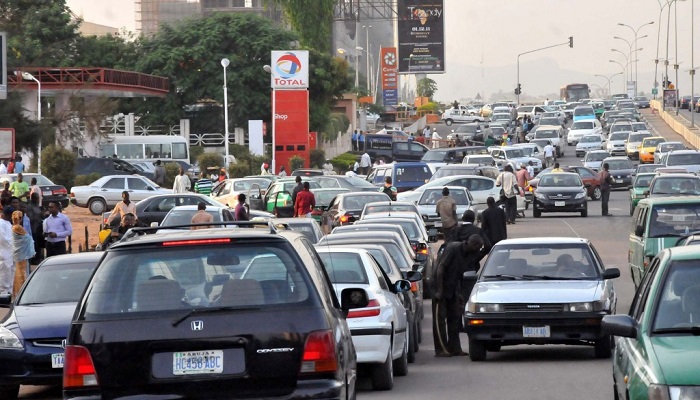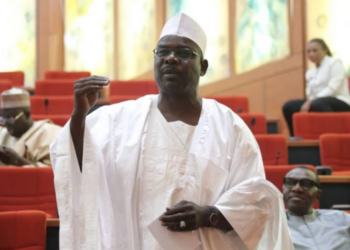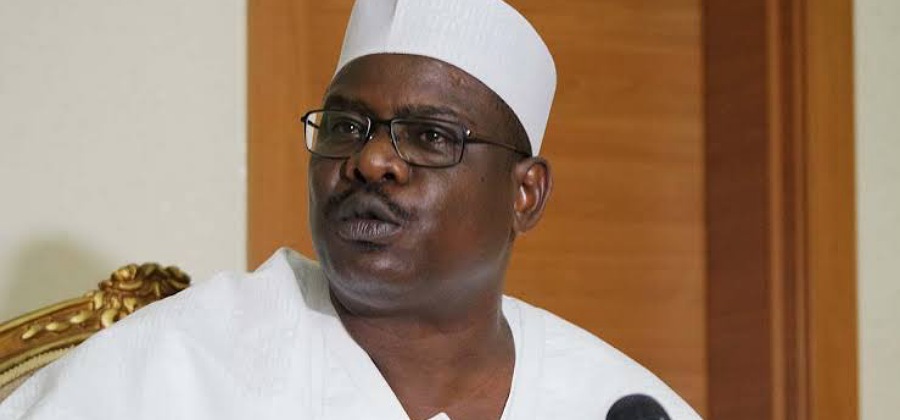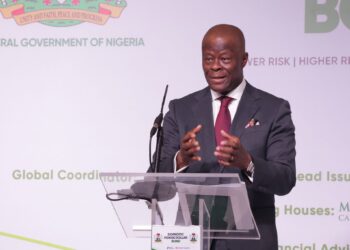The National Economic Council (NEC) has opened deliberations with the Nigerian National Petroleum Corporation (NNPC) over petrol prices in the country. Mohammed Abubakar, Bauchi State governor disclosed yesterday.
NEC was established in 1999, and the current council inaugurated by Vice President Yemi Osinbanjo. Membership of the council comprises the 36 state governors, the Central Bank of Nigeria (CBN) Governor and other government officials
Nigeria has been caught in the throes of fuel scarcity across the country, despite the large volumes of petrol imported by the NNPC. This has made NNPC the sole importer of petrol in the country, but it currently lacks the distribution network, compared to major and independent oil marketers.
Smuggling of petroleum products across the nation’s borders has also flourished due to the huge price differential compared to neighbouring countries, and porous borders. Petrol prices in neighbouring Chad and Niger are twice the costs in Nigeria.
.
Why NEC may be pushing for an increase
Though the government has shied away from using the word subsidy, (Minister of Finance Kemi Adeosun at a post-FEC conference called it an underecovery), official petrol prices in the country are currently below landing cost.
Indirectly, this affects the revenue available for sharing by the three tiers of government. An increase in price would thus free up more money for the state and local governments.
The Executive may be unwilling
The executive arm of government may be unwilling to increase petrol prices having done so by 67% in 2106 from ₦87 to ₦145. Doing so would create a negative image which could damage chances of retaining power. An increase would most likely take place after the 2019 general elections.
Middle ground
In order to satisfy all parties, the government could decide to search for a means of reducing the expenses by the NNPC on importing fuel.
Asides that, it could offer tax incentives or a special FX window to enable major marketers to resume importation.























